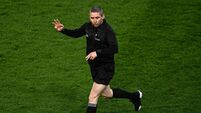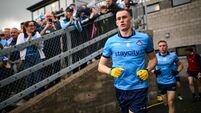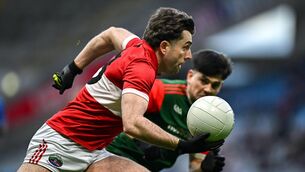Remembering Dr Maurice Hayes: ‘He treated everyone with the respect and dignity that people deserve’

And it’s few enough men that would have their funeral mass celebrated in a Catholic Church, in this case St Patrick’s Church in Downpatrick, and — by his own request — be buried in the Church of Ireland Down Cathedral, not far from the reputed resting places of St Patrick and St Brigid.
That may have come as a surprise to some, but not to those that were familiar with Hayes’ lifetimes’ work in healing division in the North.














